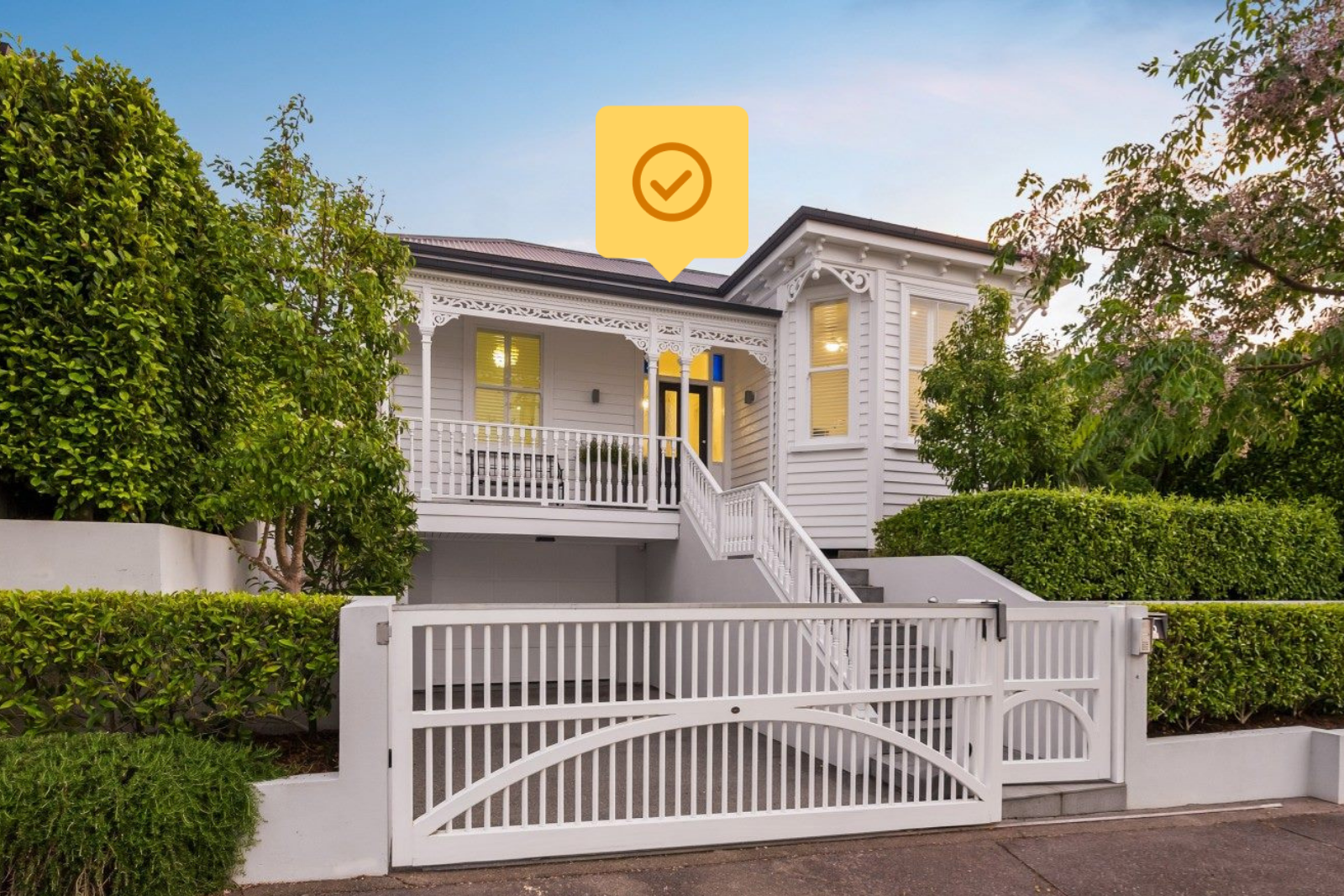Buying guide
Understanding a Sale & Purchase Agreement in NZ
You can’t buy or sell a house in NZ without both parties signing a sale and purchase agreement.
What is a sale and purchase agreement?
Before you sign a sale and purchase agreement, make sure you have all these things checked.
What does a sale and purchase agreement include?
Both buyers and sellers can add conditions to a sale and purchase agreement.
Conditional vs. unconditional agreements
What if you can’t meet the conditions of a sale and purchase agreement?
Find your perfect property
From your first home to your forever home, start your search on Trade Me Property, NZ's #1 property site.
Search nowSearch
Other articles you might like








